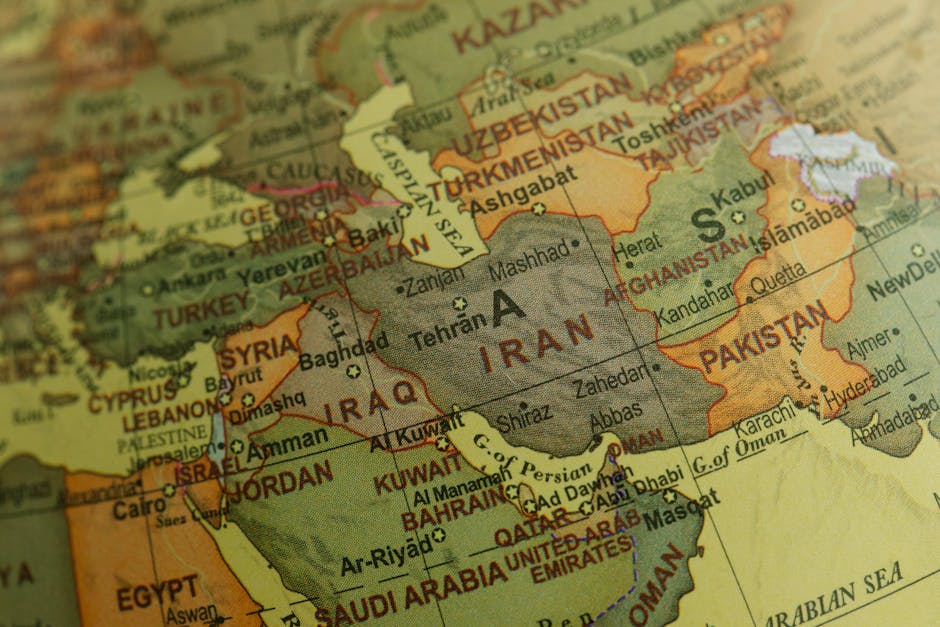In a major diplomatic breakthrough, Pakistan and Afghanistan have agreed to an “immediate ceasefire,” as announced by Qatar on Thursday. This agreement comes after weeks of escalating violence, including airstrikes and cross-border shelling, which had heightened fears of a broader regional conflict. Qatar, a key mediator, facilitated the talks between the two nations, emphasizing the importance of dialogue and mutual respect.
Background of the Conflict
The recent tensions stemmed from Pakistan’s airstrikes in Afghanistan’s eastern provinces, which Islamabad claimed targeted militants responsible for attacks on Pakistani soil. However, these strikes resulted in civilian casualties, prompting strong criticism from the Afghan Taliban government. Afghanistan retaliated with cross-border shelling, further escalating the situation.
The conflict is rooted in longstanding mistrust, particularly over militant groups operating along the porous border. Pakistan accuses the Afghan Taliban of harboring the Tehreek-e-Taliban Pakistan (TTP), while Afghanistan alleges Pakistani interference in its internal affairs.
Qatar’s Mediation Role
Qatar, known for its diplomatic efforts, stepped in to mediate between the two nations. Doha’s strong ties with both Islamabad and Kabul made it a credible intermediary. Qatari officials held separate talks with representatives from both countries before brokering the ceasefire.
In a statement, Qatar’s Foreign Ministry said, “The State of Qatar welcomes the agreement between Pakistan and Afghanistan to implement an immediate ceasefire. We urge both sides to continue engaging in constructive dialogue to address underlying issues and ensure lasting peace in the region.”
Key Points of the Ceasefire Agreement
While full details remain undisclosed, the ceasefire includes:
1. Immediate cessation of hostilities: Both sides will halt all military actions along the border.
2. Joint monitoring mechanism: A committee with representatives from Pakistan, Afghanistan, and Qatar will oversee implementation.
3. Commitment to dialogue: Both nations pledge to resolve differences through talks.
4. Humanitarian assistance: Facilitation of aid to affected border communities.
Reactions and Implications
The international community, including the United Nations, has welcomed the ceasefire. For Pakistan, it offers a chance to address internal security challenges, while Afghanistan can stabilize its eastern provinces. However, analysts stress that sustained efforts are needed to address deep-seated issues.
Looking Ahead
The immediate focus is on ensuring the ceasefire holds. The joint monitoring mechanism is a positive step, but its success depends on the commitment of all parties. This agreement could mark a new chapter in Pakistan–Afghanistan relations, with Qatar playing a pivotal role in fostering peace.
Stay tuned for the latest updates on this developing story.




